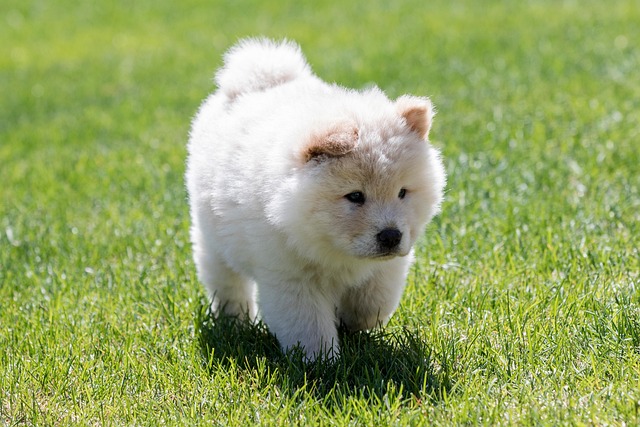
Why does my dog keep pooping in the house on purpose?
Finding unexpected messes around the house can leave any dog owner frustrated, wondering if their pup is acting out on purpose.
If you’ve ever watched your dog dash outside for the umpteenth time in an hour, you know how frustrating frequent urination can be—both for you and your furry friend. But before reaching for over-the-counter solutions, it’s important to understand that natural remedies aren’t just about quick fixes; they’re about treating your dog the way we’d want our loved ones cared for.
First things first: always consult your vet. In many regions, regulations prohibit pet owners from self-medicating with human medications or unregulated supplements. Even harmless-seeming herbs can interact with existing treatments, so a professional green light is crucial. Once you’ve ruled out serious conditions like urinary tract infections or diabetes, natural approaches can be game-changers.
Cranberries are a popular choice, but skip the sugary juice—opt for unsweetened cranberry capsules instead. These contain compounds that prevent bacteria from sticking to the bladder wall, helping reduce the risk of infections that cause frequent urination. Another pantry staple is pumpkin puree (not pumpkin pie filling, which contains harmful xylitol). Its high fiber content aids digestion and can regulate your dog’s urinary habits when added to their diet in moderation.
 Herbal teas can also work wonders. Chamomile tea, cooled and diluted, soothes the urinary tract with its anti-inflammatory properties. Just make sure it’s caffeine-free and avoid adding any sweeteners. Marshmallow root (the plant, not the candy) has been used for centuries to coat and heal irritated tissues, providing relief for dogs with bladder discomfort.
Herbal teas can also work wonders. Chamomile tea, cooled and diluted, soothes the urinary tract with its anti-inflammatory properties. Just make sure it’s caffeine-free and avoid adding any sweeteners. Marshmallow root (the plant, not the candy) has been used for centuries to coat and heal irritated tissues, providing relief for dogs with bladder discomfort.
Lifestyle adjustments matter too. Ensure your dog gets plenty of fresh water—it might sound counterintuitive, but dehydration can actually trigger increased urination as the body tries to flush out concentrated waste. Regular exercise, within your local leash laws and park regulations, helps regulate bodily functions and reduces stress, a common contributor to urinary issues.
Remember, every dog is unique. What works for your neighbor’s golden retriever might not suit your toy poodle. Patience is key—natural remedies often take time to show results. By combining these gentle approaches with veterinary guidance, you’re not just solving a problem; you’re nurturing a happier, healthier life for your four-legged family member.

Finding unexpected messes around the house can leave any dog owner frustrated, wondering if their pup is acting out on purpose.

Chow Chows have a reputation for being independent, but that doesn’t mean they can’t thrive inside a home.

If you’ve ever watched your dog dash outside for the umpteenth time in an hour, you know how frustrating frequent urination can be—both for you and your furry friend.

Watching your furry friend scratch and bite at irritated skin is heart-wrenching. That patchy fur and raw red spots aren't just uncomfortable—they're a sign your dog may be battling a fungal skin infection.

That moment when your usually rambunctious pup turns down his favorite game of fetch - it's enough to make any dog owner pause.

You know that feeling when your usually energetic Labrador refuses his morning walk, or your food-motivated Beagle turns up his nose at dinner?